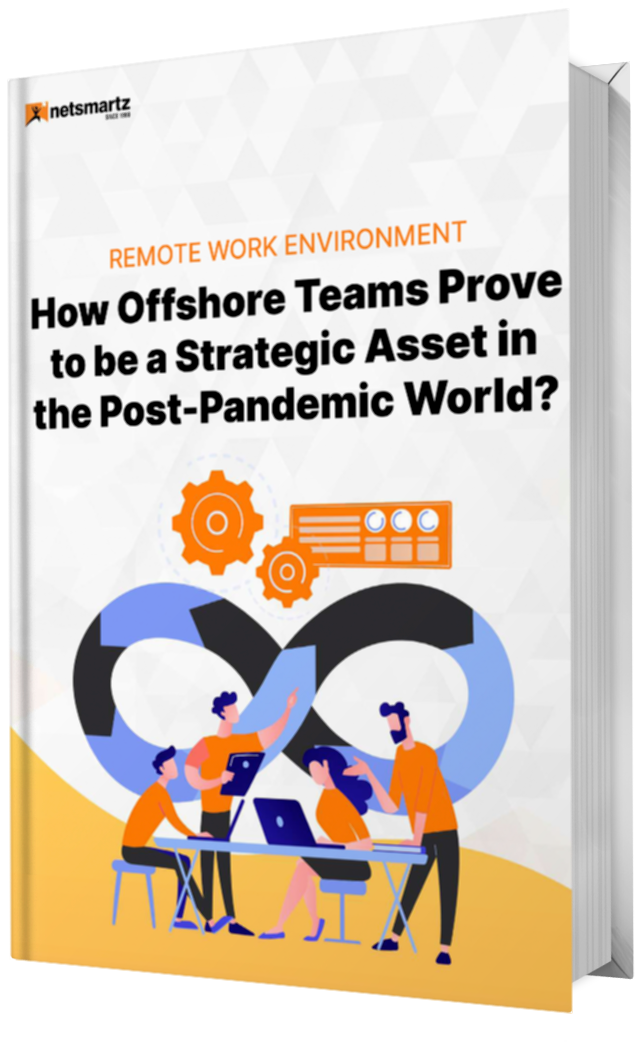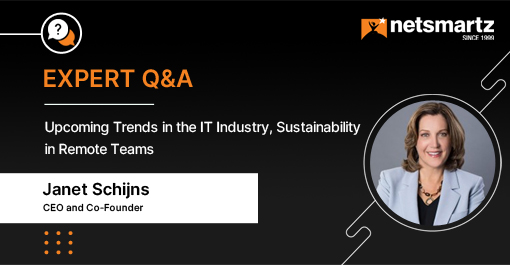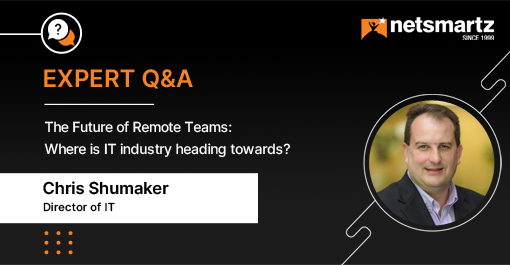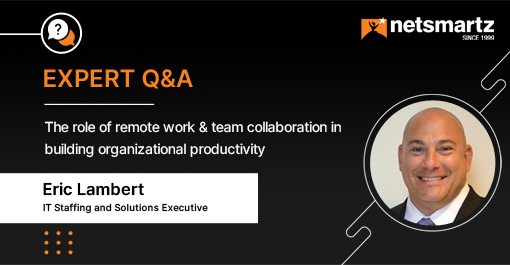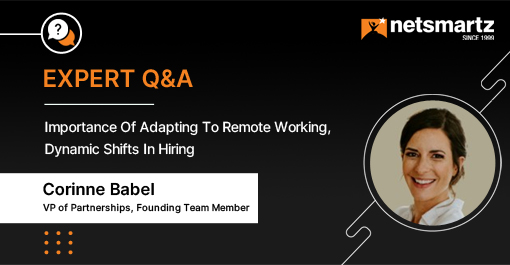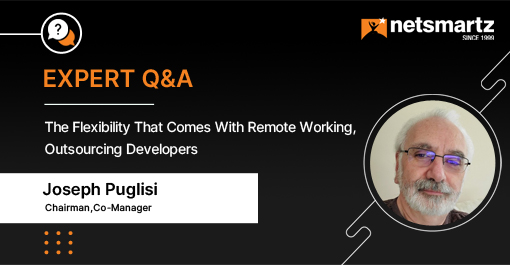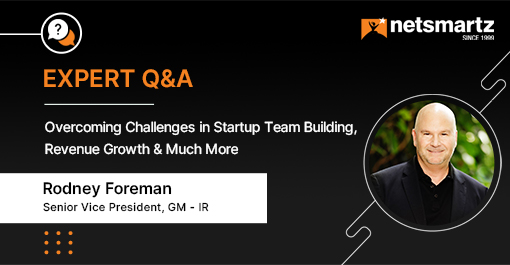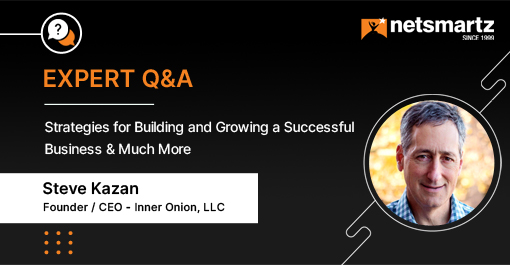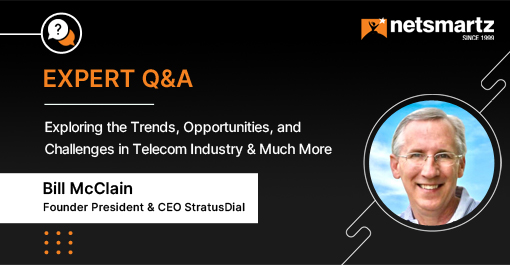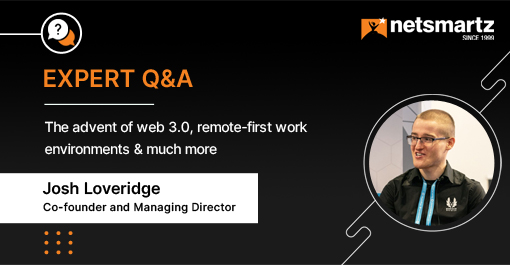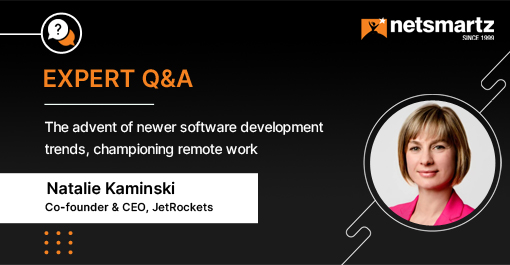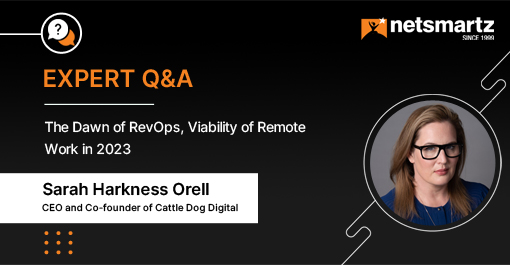Becoming a Remote-first Company, Offsetting Costs And Much More

Remote-first has been the reality for many companies during the pandemic and it’s continuing to be so even post the pandemic.
We got in touch with Alex Mnatsakanov to know his thoughts on remote-first companies, offsetting costs through outsourcing and much more in our latest expert Q&A.
Want to contribute to our expert insights?
 About Alex Mnatsakanov
About Alex Mnatsakanov
Alex Mnatsakanov is a Senior Product Manager at Def Method. He helps teams solve problems, by prioritizing where to start, conducting user and market research, running ideation workshops and building products that customers need. His extensive work over the years with companies such as IBM Global Services, Travelers, etc. has been invaluable as he continues to extend his expertise to Def Method.
1.It seems that COVID and the lockdowns have created shifts in the resources marketplace. What do you see occurring over the short, midterm, and long term?
I think it will all depend on how quickly we’ll get it under control. Although the definition of ‘under control’ probably needs to be established. As the Omicron variant showed us, best plans become null and void very quickly. The short term solutions of remote work, or hybrid in some cases, are soon to enter their 3rd year, so how short term are they? I think we will see more and more hybrid options offered for midterm and long term, and also I’m guessing a much more focused approach to full remote work. Over the last two years, companies in different industries have shown that remote work is possible when push comes to shove. It’ll be hard to argue against it now.
2. What are your thoughts, actions and opinions on the topic?
I think both employers and employees can benefit from this new normal. Employers can now tap into a much more diverse pool of talent if they go beyond their geographical boundaries. And employees are now able to market themselves to many more potential employers, and really look for that ideal job that fits their professional development and in which they can provide the most value.
3. The supply and demand in the IT marketplace have seen a change recently.
a. Have you seen this demand shift?
Overnight, companies large and small became wholly dependent on technology to continue to operate. Meeting rooms were replaced by zoom meetings, doctor waiting rooms and appointments were replaced with the virtual room, classrooms were replaced with Google classrooms, etc. That drove and continues to drive, a higher need for more IT resources, to support infrastructure that’s growing at a much faster rate than before.
b. What are your thoughts and how are you addressing the shift?
I think the demand on the shift is very natural, and if nothing else it would’ve eventually happened, but COVID moved up the timeline.
3. What has been your plan related to remote resources and global resourcing?
My company went remote-first after the pandemic hit. That has allowed us to expand our pool of candidates beyond the metro NYC area. A lot of the 2021 new hires are spread across the country, and it has been a great benefit to bring on such a great group of people.
4. Remote working expanded massively during the original pandemic. Companies responded rapidly to adjust to the need for remote connectivity, resources, webinar technologies, communications, and the associated costs.
a. What actions have you taken to adjust to this reality?
As I mentioned above, we have gone remote-first in our approach. The team has only grown, because of that. Tools like Google Suite, Slack, Miro, and Zoom have allowed us to stay connected and support our customers effectively and efficiently.
b. What are your plans now that we are moving from a pandemic?
Unfortunately I don’t think we’re moving from it just yet, with the latest variant throwing in a curveball. But going forward our plan is to take the approach to the business the pandemic created forward, and continue to grow by looking at talent outside of our immediate geographical area.
5. What are your alternate considerations when thinking of expanding or scaling your operations? How viable do you think Remote work would be for your industry?
As a consultancy, I think the remote aspect could only be to our benefit, both in terms of talent we could attract and the new clients we could pursue. I have seen the results of the remote first approach and I believe we will continue operating that way, and growing.
 Wrapping Up
Wrapping Up
It was a pleasure hearing Alex’s views on remote working and companies adopting remote-first as a working model. This Q&A will definitely help companies and people thinking to adopt this approach and we hope it helps you too.
Are You An Influencer?
Make Your Mark as a Thought Leader
We invite industry influencers to participate in our Q&A panel, offering the audience valuable insight into cutting-edge technology trends, platforms, and more.





